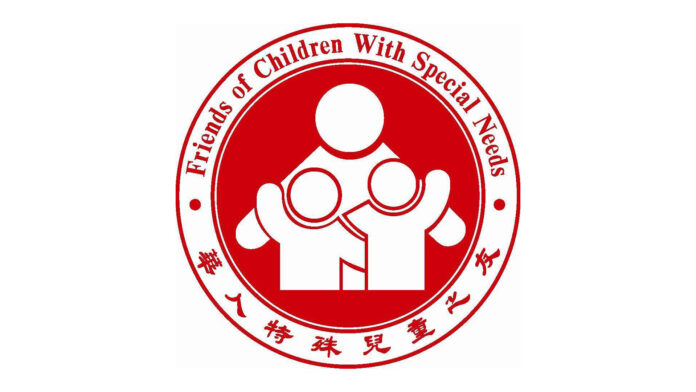Tutoring program started by Friends of Children with Special Needs at UC Davis aims to bring companionship to members of the neurodiverse community during the pandemic
Since its founding in 1996 by parents of neurodiverse children, Friends of Children with Special Needs (FCSN) has expanded to include many branches and offer services for children and adults. The newest and first student-run branch was established at UC Davis in the fall of 2020.
Julia Pan, a second-year neurobiology, physiology and behavior (NPB) major and one of the public relations officers of the club, noticed in her time working with the neurodiverse community that prior to the establishment of the UC Davis branch, there was a lack of college student engagement with the organization.
“The volunteers tend to be parents, parents who have already been working with the kids for so long, and then you have a couple high school students,” Pan said. “But I’ve noticed in the programs I’ve worked with that there’s a lack of college students.”
For this reason, Pan said FCSN at UC Davis is aiming to recruit as many volunteers as possible this year. According to club president and second-year NPB major Erica Chiu, the services the club provides have been especially important during the pandemic because for many members of the neurodiverse community with whom she has worked, the disruption of set routines has induced added stress.
In an attempt to bring back normalcy and social enrichment to the lives of community members, FCSN at UC Davis decided to create a weekly tutoring program held over Zoom.
“University students can choose what they want to teach, and parents can choose what they want their kids to learn and what emphasis they want to put on the classes, like if they want to learn a new skill or just have someone to talk to,” said Ayushi Ambekar, a second-year computer science major and one of the public relations officers of the club.
According to Pan, the program allows volunteers to have a lot of creative liberty over what activities they choose to focus on with their tutees after completing mandatory 2-hour training required by FCSN.
“With the one-on-one tutoring program, it’s super simple—just make sure you have that verification, we meet with you really quick to establish that you know what you’re planning on doing, and off you go into the program,” Pan said.
In Chiu’s experience, it’s important to take time to respond to her tutees’ emotional needs as well as teaching them planned material.
“It’s okay to go off-track sometimes in tutoring sessions. Maybe your student shows up and they’ve had a bad day, [so] they’re already in a bad mood and they just don’t want to learn today,” Chiu said. “I feel like it’s okay if you decide to drop the subject and just have a conversation with them, [and] ask them, ‘What happened?’ or how they’re feeling and just try to make their day better.”
Although Chiu recognizes that many club members plan to pursue a career in a health profession, she said that the skills and compassion the club helps to build can apply to anyone.
“Pre-health or not, you may encounter a person with special needs sometime in your life,” Chiu said. “Taking part in our volunteering events will broaden your view of the world and different people in our community. When you do encounter someone or a situation similar in the future, you’ll have experience.”
Ambekar said that actively teaching neurodiverse people has broadened her understanding and perception of the neurodiverse community.
“Meeting somebody who perhaps is different from you […] and seeing how that doesn’t make them less, or someone you shouldn’t interact with, is so important,” Ambekar said. “These kinds of opportunities really help you gain that perspective.”
Written by: Lyra Farrell — features@theaggie.org



